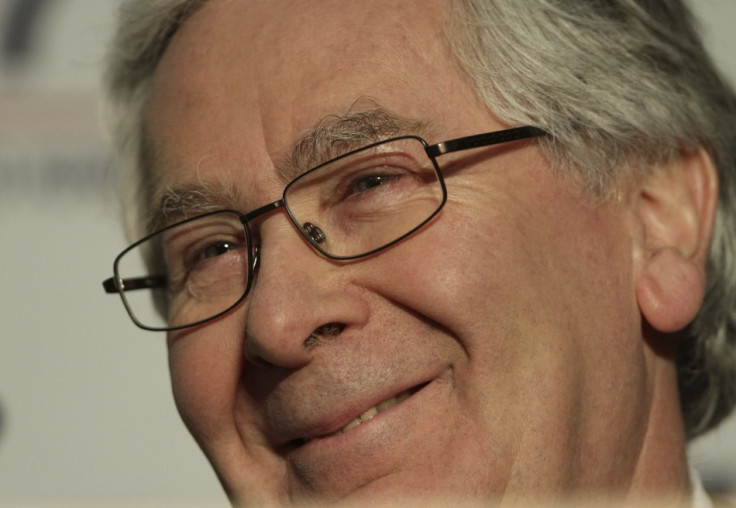Former Bank of England governor Mervyn King warns another financial crash 'certain'

A grim warning indeed. Mervyn King, the man who led the Bank of England for a good 10 years has a stark warning for global leaders. Unless they do something to reform the banking system another financial crisis is 'certain' and will come 'sooner rather than later.'
King, who was governor from 2003 to 2013, said that the financial crisis in 2008 was due to "a failure of a system and the ideas that underpinned it, not of individual policymakers or bankers, incompetent and greedy though some of them undoubtedly were." He noted that there was a "general misunderstanding of how the world economy worked."
He said since the end of the immediate banking crisis in 2009 "recovery has been anaemic at best." King said by late 2015, the world recovery had been slower than predicted by policymakers and central banks had postponed the inevitable rise in interest rates for longer than had seemed "either possible or likely."
He said: "Whatever can be said about the world recovery since the crisis, it has been neither strong, nor sustainable, nor balanced. There seems to be little political willingness to be bold, and so perhaps we should fear that the size of the ultimate adjustment will just go on getting bigger."
"Almost every financial crisis starts with the belief that the provision of more liquidity is the answer, only for time to reveal that beneath the surface are genuine problems of solvency." Writing in his new book, The End of Alchemy: Money, Banking And The Future of the Global Economy, the 67-year-old former central banker warned that if politicians and bankers failed to get to grips with the systemic faults that caused the crash, they would not be able to stop another from recurring.
He blamed the crisis on imbalances both within individual countries as well as between countries. The imbalance was still happening and to address it, countries needed to raise productivity and reform the banking system.
"Only a fundamental rethink of how we, as a society, organise our system of money and banking can prevent a repetition of the crisis that we experienced in 2008, he said. "If real interest rates remain close to zero, the disequilibrium in spending and saving will continue and the ultimate adjustment to a new equilibrium will be all the more painful. If real interest rates start to move back to more normal levels, markets will reassess their view of the future and asset prices could fall sharply."
He continued: "Neither prospect suggests a smooth and gradual return to a stable path for the economy. Further turbulence in the world economy, and quite possibly another crisis are to be expected."
© Copyright IBTimes 2025. All rights reserved.






















